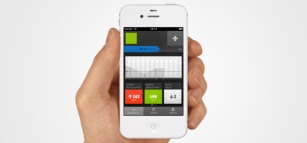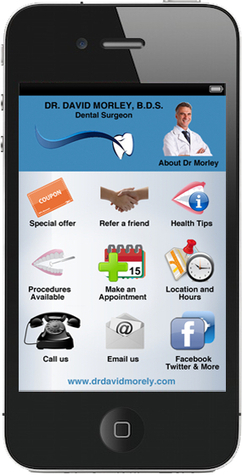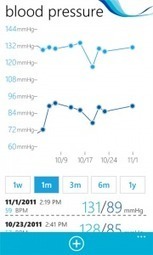In 2012, eHI brought together leading experts on health IT and cancer care as a National Council on Cancer and Technology. The group met frequently to identify, discuss, share, and learn about the ways health IT can be used to improve cancer care. The Council created the following guide to the types of tools and technologies that patients and their families, caregivers, and support networks can use to make understanding, treating, and coping with cancer a little bit easier. While not an exhaustive list of every tool out there,
via Health IT Cancer Resource Guide | eHealth Initiative.






